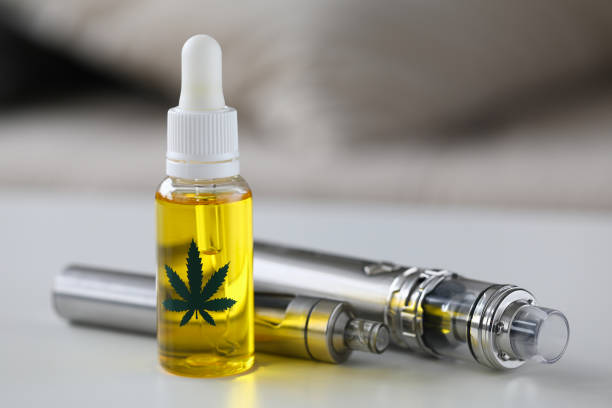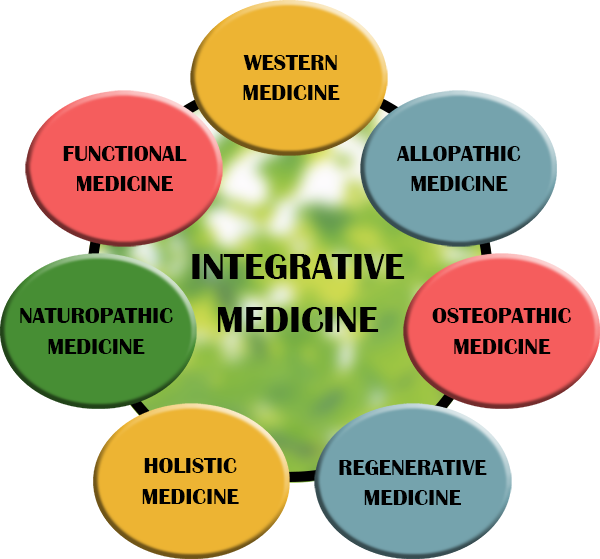Aromatherapy is a holistic healing technique that utilizes different scents and essential oils to promote physical, emotional, and mental well-being. Essential oils are highly concentrated plant extracts made from various parts of plants such as leaves, flowers, stems, or roots. These oils capture the natural fragrance and therapeutic properties of the plants and can be used in a variety of ways to improve overall health.
The Origin of Aromatherapy
The use of aromatherapy dates back thousands of years and can be traced back to ancient civilizations like the Egyptians, Greeks, and Romans. These cultures recognized the power of fragrance and incorporated it into their religious rituals, beauty treatments, and healthcare practices. One of the most famous examples of aromatherapy in history is the story of Cleopatra. It is said that she used essential oils like rose and lavender to seduce and captivate Mark Antony and Julius Caesar. The Egyptians were also known for their embalming practices, where they used aromatic substances to preserve the bodies of the deceased. The Greeks and Romans also embraced aromatherapy. They used scented baths and practiced fumigation to cleanse the air and promote well-being. The father of medicine, Hippocrates, believed that the key to good health was a balance between the body and the mind. He advocated for the use of scented oils in massages and baths to alleviate stress and promote relaxation.
The Science Behind Aromatherapy
Aromatherapy works through inhalation and absorption. When the fragrance of an essential oil is inhaled, it stimulates the olfactory system, which is linked to the brain’s limbic system. The limbic system is responsible for controlling emotions, memories, and hormonal responses. Each essential oil has its own unique chemical composition, giving it specific therapeutic properties. For example, lavender essential oil is known for its calming and relaxing effects, while peppermint essential oil is invigorating and can help with focus and concentration. When essential oils are absorbed into the body through the skin, they can have various effects depending on the oil and the method of application. Some oils have anti-inflammatory properties and can help with muscle pain, while others can improve circulation or promote wound healing.
Benefits of Aromatherapy
Aromatherapy offers a wide range of benefits for the body, mind, and spirit. Here are some of the most common benefits:
Stress Relief and Relaxation
One of the main benefits of aromatherapy is its ability to reduce stress and promote relaxation. Many essential oils, such as lavender, chamomile, and ylang-ylang, have calming properties that can help alleviate anxiety and promote a sense of peace and tranquility.
Improved Sleep
Essential oils can also be used to improve sleep quality and combat insomnia. Scents like lavender, cedarwood, and bergamot have sedative effects and can help induce a state of relaxation, making it easier to fall asleep and stay asleep throughout the night.
Mood Enhancement
Certain essential oils have uplifting and mood-enhancing properties. Citrus oils like bergamot and orange can help boost mood and increase feelings of happiness and well-being. They can be especially beneficial for those experiencing symptoms of depression or low mood.
Enhanced Cognitive Function
Some essential oils, such as rosemary and peppermint, have stimulating properties that can improve cognitive function. They can enhance focus, memory, and concentration, making them useful for studying or working on mentally demanding tasks.
Natural Pain Relief
Many essential oils possess analgesic and anti-inflammatory properties that can help alleviate pain and discomfort. Oils like eucalyptus, peppermint, and ginger can be used topically or in massage blends to soothe sore muscles, reduce inflammation, and relieve headaches.
How to Use Essential Oils
There are several methods of using essential oils in aromatherapy:
Diffusion
One of the most popular ways to enjoy the benefits of essential oils is by using a diffuser. A diffuser disperses the oils into the air, allowing you to inhale the fragrance and experience the therapeutic effects. It is great for creating a relaxing atmosphere at home or the office.
Topical Application
Essential oils can also be applied topically by diluting them with a carrier oil, such as sweet almond oil or coconut oil. This method is commonly used in massage therapy or for targeted application on specific areas of the body.
Inhalation
Inhaling essential oils is another effective method. You can add a few drops of oil to a tissue or handkerchief and inhale deeply or create a steam inhalation by adding a few drops of oil to a bowl of hot water and covering your head with a towel while you inhale the steam.
Precautions and Considerations
While essential oils can offer numerous benefits, it is important to use them safely: Always dilute essential oils before applying them topically to avoid skin irritation. Perform a patch test on a small area of skin before using a new oil to check for any adverse reactions. Avoid using essential oils internally unless under the guidance of a qualified aromatherapist. Certain essential oils, such as citrus oils, can cause photosensitivity, so avoid sun exposure after topical application. Keep essential oils out of reach of children and pets. Aromatherapy and essential oils can provide a natural and holistic approach to health and well-being. Whether you are looking to alleviate stress, improve sleep, enhance mood, or relieve pain, there is an essential oil that can help.


